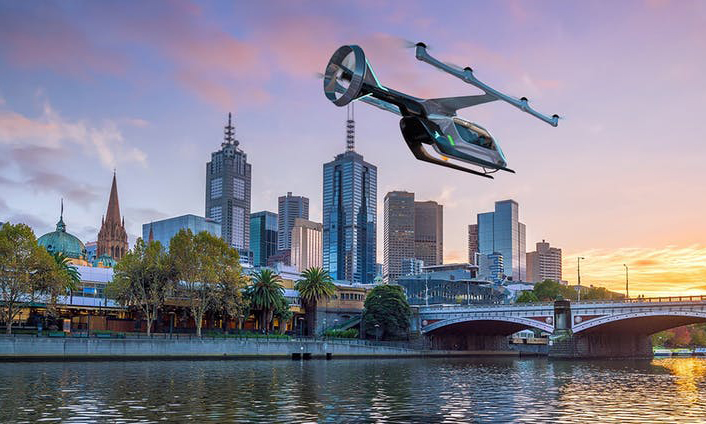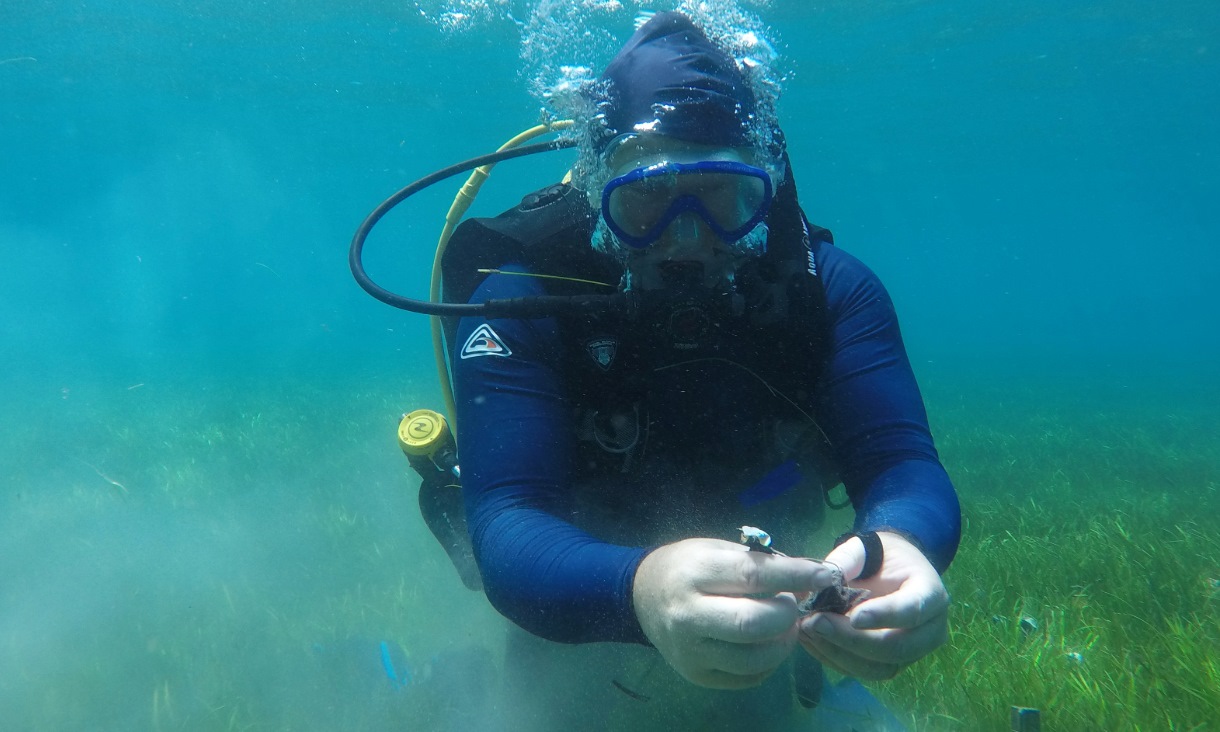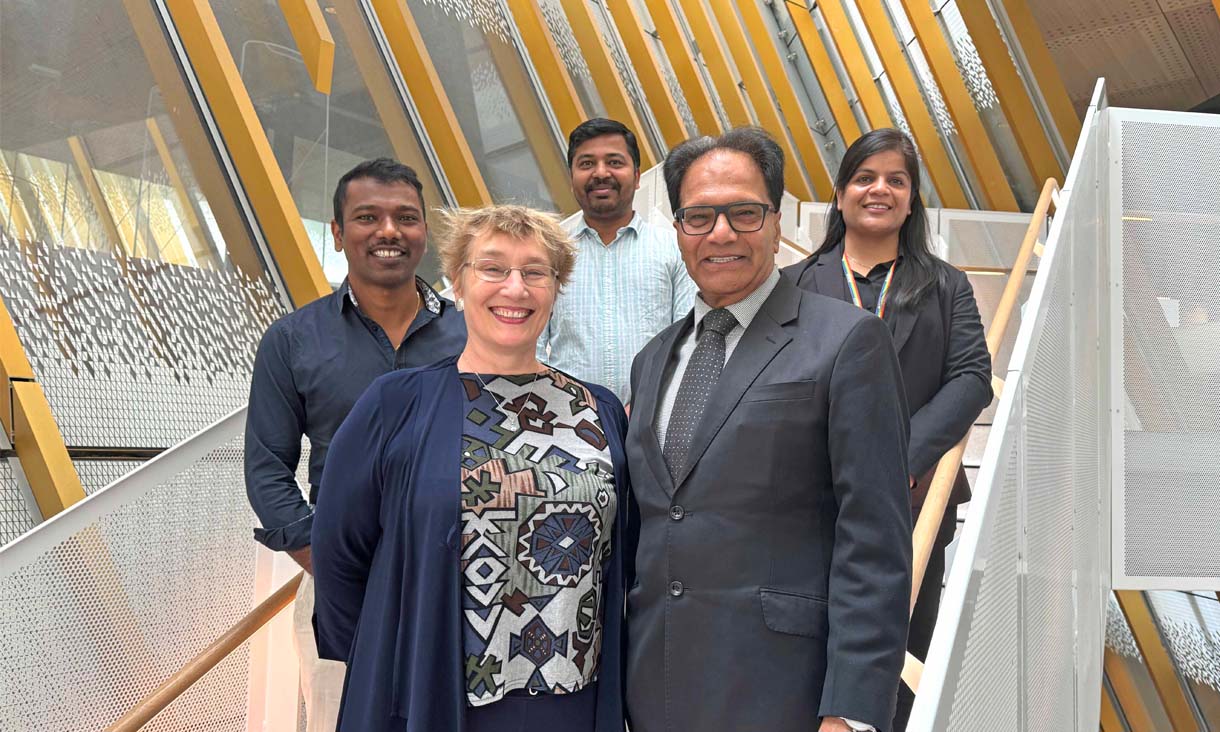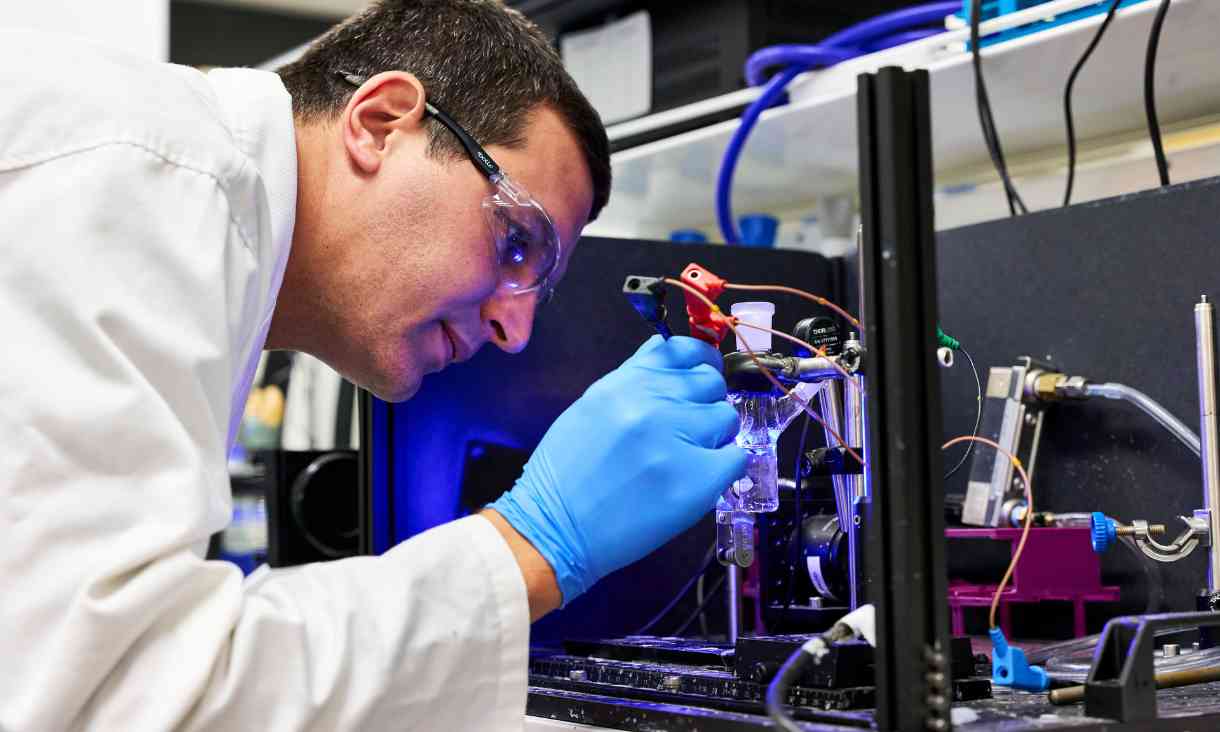Social media and micro-productivity trends
Dr John Lenarcic noted digital sunglasses looked to be on the comeback in 2020.
“Amazon has their Alexa-enabled Echo frames and Bose their audio sunglasses with augmented reality capabilities,” Lenarcic said.
“With the Echo, a wearer will be able to talk to their spectacles and ask Alexa questions, while with the Bose, the sunglasses will provide the user with a personal listening experience without the need for ear buds or headphones, providing a soundtrack to their daily lives.
“Facebook has partnered with Ray Ban to design augmented reality glasses as well while Google and Microsoft are also working on more design-conscious eye wear that will exploit augmented reality and virtual reality technologies.”
Lenarcic said micro productivity apps were another new development to watch.
“This is a concept that Microsoft Research has been working on and involves systems that facilitate micro-tasks by getting big tasks done with lots of little ones such as writing a novel in bits and pieces while on the daily commute.
Transport, planning and infrastructure
Associate Professor Andrew Butt said rapid population growth meant transport would remain a critical issue for Melbourne and Victoria next year.
“It is likely to be another year where increasing congestion and ‘construction blitzes’ will shape the experience of commuting in cities and regional areas.
“With major projects like the Westgate Tunnel, Melbourne Metro and North East link in planning or construction, scope for solutions to some of these issues are in train.”
However, by the time these three projects are complete, we anticipate almost one-million more Melburnians, almost the size of Adelaide, will be added to Melbourne within a decade, he said.
Consumer and marketing trends
The new decade would bring a range of incremental changes for marketers forced to adapt to a post-digital lifestyle, Assoc Professor Con Stavros said.
He said this incremental change would be driven by 'Generation Now', a group of consumers who in the post-millennial environment were completely reshaping the brand and product experience.
“Consumers demand instant gratification, and they are increasingly brand promiscuous, consistently connected by an Internet of Things and expect brands to show social leadership, particularly when it comes to environmentalism.
He also said it would be a challenging year for retailers.
“Expect to see an endless cycle of sales by brands, particularly retailers, who have painted themselves into a corner by overusing sales promotions, making them an ineffective marketing weapon."
Hear from local and international leaders as they share their insights on emerging and current trends and potential solutions to address the challenges faced by our society. Find out more at Engaging for Impact 2020 (4-6 February, RMIT).
Story: Diana Robertson


.jpg)


